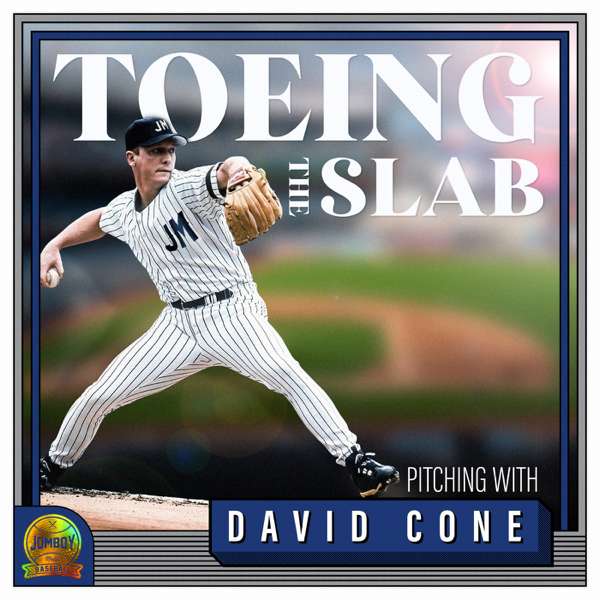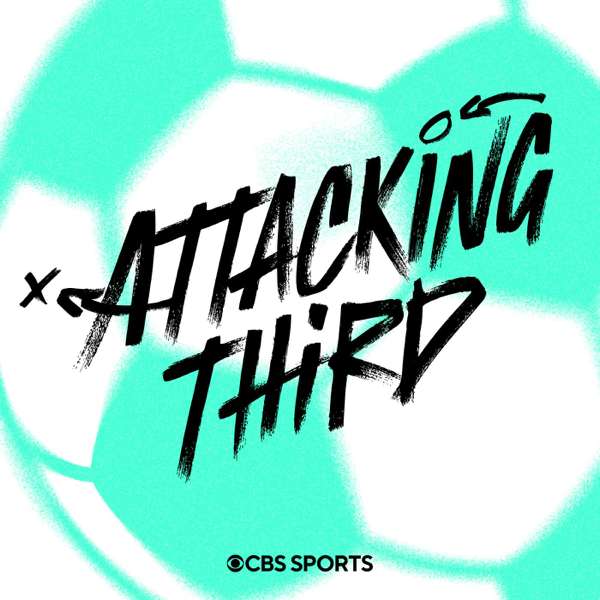In this episode of All Things Endurance, host Rick Prince chats with structural integration specialist, Dr. Lawrence van Lingen. Dr. van Lingen takes a holistic and systemic approach to running form due to his belief that nothing in the body functions in isolation. While some may view Dr. van Lingen’s methods as contrarian in nature, they are evidence-based and get results - which may be why so many professional athletes seek out Dr. van Lingen.
About Dr. Lawrence van Lingen
Dr. van Lingen has helped thousands of people overcome pain and injury and enhance their sports performance and everyday well-being. He has over twenty years of experience in sports chiropractic, physical therapy, rehabilitation, strength and conditioning, movement coaching, and breathing techniques.
Lawrence is the founder of Innerunner, an online community with masterclasses, workshops, programs, and teachings that aim to transform your running and movement potential. He helps his running community and world-class athletic clients, such as Red Bull, Mr Price Running, Santa Cruz Syndicate and athletes such as Greg Minnaar, Ryan Sandes, Taylor Knibb, Jan Frodeno, and Flora Duffy, to name just a few, to run better, move better, and feel better.
Areas covered in the podcast:
1. What is your background?
2. Running gait is often solely viewed through the lens of the musculoskeletal system. Your take on it is different. Could you explain?
3. In your opinion, do gait specialists in the US have a different view of how the body functions than elsewhere in the world?
4. Why do you think more people don’t have this systemic view of how the body functions and therefore, how running gait is influenced?
5. Clearly, your model of viewing the mind/body as a whole differs greatly from most others. That being said, with respect to conventional gait analysis, what are some things that you feel they get right, and wrong?
6. Are there some common reasons that you’ve found across working with a variety of athletes for gait issues?
7. Do you ever encounter resistance from potential athletes with respect to your systemic view of the body?
8. If you could give just a few pieces of advice for our listeners today with respect to improving their running form, what would it be?
Lastly, what are some of the biggest and most common running form myths that you are aware of, and why are they myths?

 Our TOPPODCAST Picks
Our TOPPODCAST Picks  Stay Connected
Stay Connected







